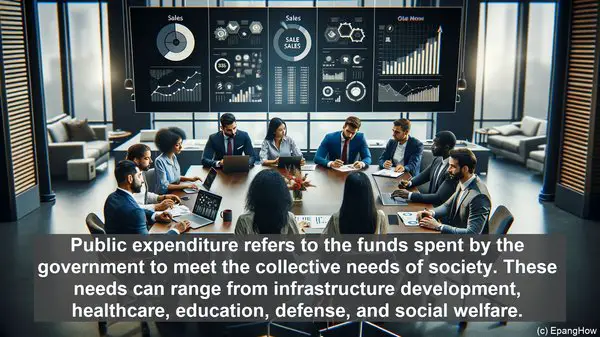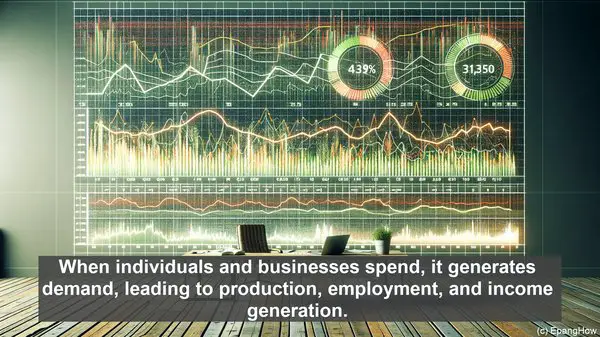Introduction: The Financial Landscape
Hello everyone! In the realm of finance, there are two distinct types of expenditure – public and private. While both involve spending, they differ significantly in their nature, purpose, and impact. Today, we’ll explore these differences, shedding light on their importance and how they shape our economy.
Public Expenditure: The Government’s Role
Public expenditure refers to the funds spent by the government to meet the collective needs of society. These needs can range from infrastructure development, healthcare, education, defense, and social welfare. The government, as the custodian of public resources, allocates these funds through its budgetary process. Public expenditure is a crucial tool for the government to address societal gaps, promote growth, and ensure equitable distribution of resources.
Private Expenditure: Individual Choices
On the other hand, private expenditure is the spending done by individuals, households, and businesses for their personal needs and wants. It encompasses everything from daily essentials to luxury purchases. Unlike public expenditure, which is guided by societal goals, private expenditure is driven by individual preferences, income, and market dynamics. It reflects the choices and priorities of consumers and businesses, shaping market trends and demand.
Economic Impact: The Ripple Effect
Both public and private expenditure have significant economic implications. Public expenditure, through investments in infrastructure, education, and healthcare, lays the foundation for long-term growth. It creates job opportunities, enhances productivity, and improves the overall quality of life. Private expenditure, on the other hand, drives consumption, which is a key driver of economic activity. When individuals and businesses spend, it generates demand, leading to production, employment, and income generation.

Interplay and Balance: A Dynamic Relationship
Public and private expenditure are not isolated realms; they are interconnected. Government policies and spending decisions can influence private expenditure patterns. For example, tax incentives can encourage certain types of private spending, such as investments in renewable energy. Similarly, economic conditions and consumer sentiment can impact public expenditure. During a recession, for instance, governments may increase spending to stimulate the economy.

